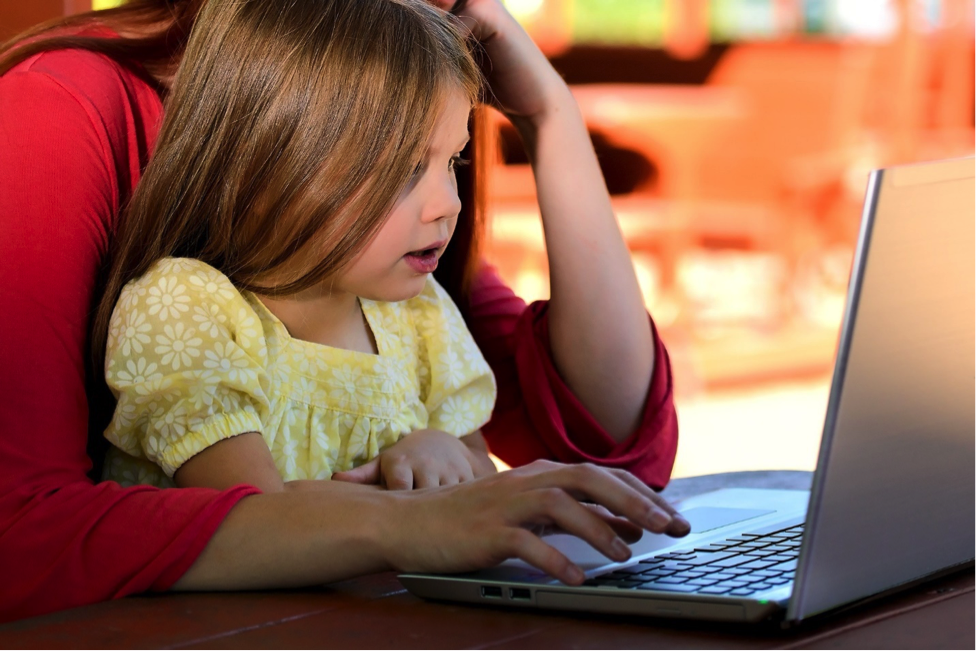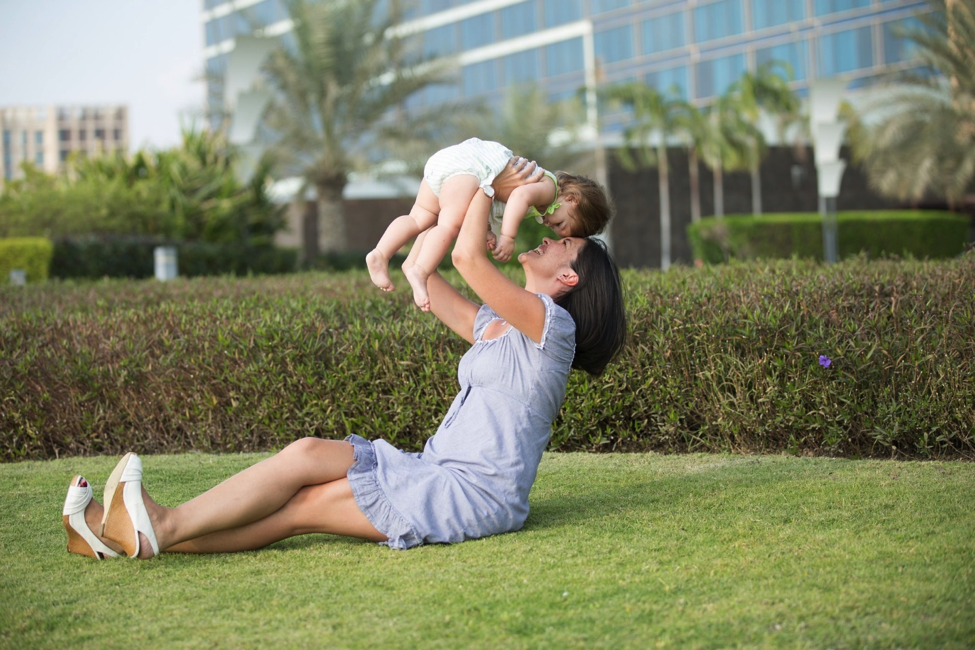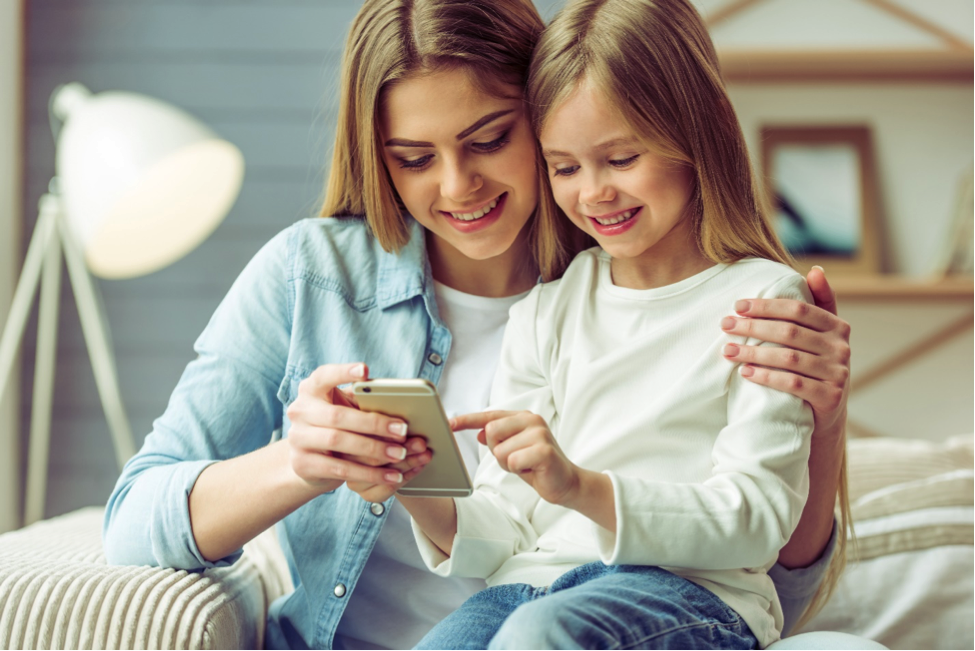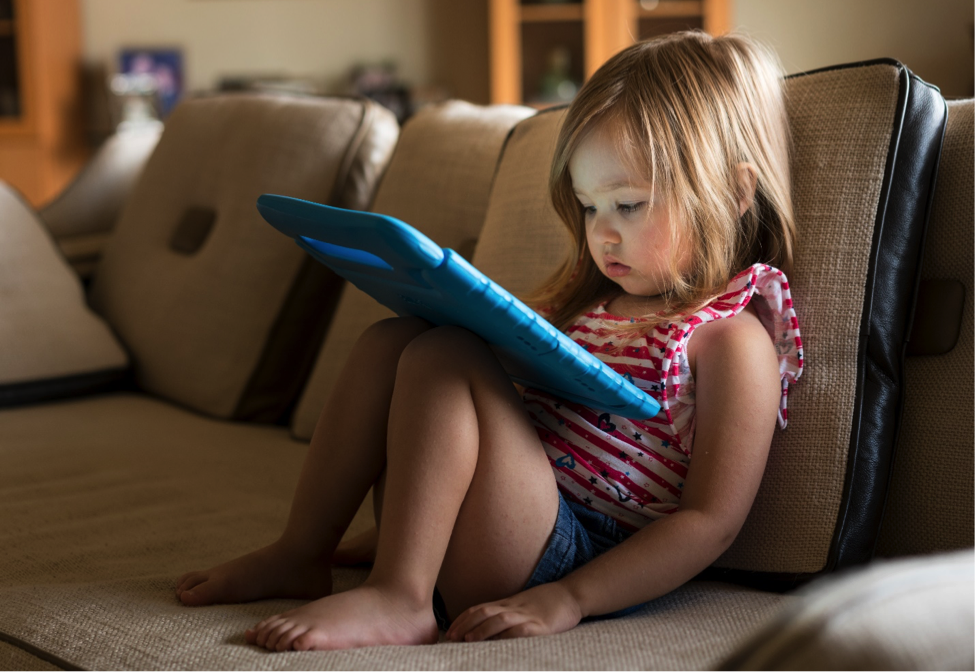In a world powered by technology, life has never been easier. Want food delivered to your door at midnight? UberEats and their growing competitors have you covered. Want to hear a song that sounds like your favourite band, or find a quirky new drama series to disappear into? Easy!
Our youngest generations are growing up in a faster-moving age of digital distraction, with access to smartphones and electronic devices that weren’t even created 2 years ago! Many things are available almost instantaneously now, and usually only an arms-length away. It seems that the essence of childhood – playing outdoors and getting muddy – is slowly being out ruled by screens. What does this mean for our kids and will it cause detrimental effects?
Parents, Technology and Their kids
It can be easy to hand your kid an iPad as a digital pacifier. Not going to lie, it’s a fast way to stop a tantrum or entertain kids, when there’s so much else to juggle in life. In fact studies show that the average 5 year old has their own iPad! And, about 20% of 6-7 year olds have a TV in their bedroom.
Admittedly, it’s hard not to succumb to the peer pressure of buying your kids the latest gadget. With the way technology is advancing, it seems that there’s less focus on imaginative play compared to the 1900’s. And, few toys just don’t seem to keep kids entertained anymore.
But don’t worry, we know it’s not all bad. Thankfully technology is also a great way to help educate our kids.

Early Brain Development in Kids
Did you know that the first 8 years of a person’s life are the most important for brain development? Yep, this is when the foundations for future learning, health and success are built!
During a child’s early years, the brain is developing important connections called synapses. These connections are vital to develop abilities such as problem solving, motivation, emotions, movement and communication.
At the age of three, your kids will have formed about 1000 trillionbrain connections! These are harder to be formed later in life – once they hit adolescence, it lowers to about 500 trillion!
How The Brain Develops Connections
Many of these early connections are made through a child’s everyday experiences such as:
- Learning through exploration and play
- Positive interactions with their parents and caregivers
- Using their senses to interact with the world and others
These experiences, whether positive or negative can have a significant effect on brain growth.
Importance of playing away from a screen
We all know that humans are social creatures. So, it’s no surprise how vital human interactions are to a kid’s healthy brain development.
When a kid is actively engaging with their parents, carers, teacher or other kids, it causes a massively positive effect on their brain. It actually helps kids strengthen their brain connections and learn more at a more accurate and faster rate! These social interactions and a strong parent-early child bond also help kids manage stress better throughout life. Pretty handy if you ask me!
Taking a break from technology to participate in physical activity is also a huge plus. Why? Because the health of the brain and the rest of the body are all tied together. Exercise in early childhood means equals improved cognitive function (it doesn’t have to be heavy-going exercise either!).
Socialising, physical activity and hands-on sensory activities are actually the best ways to stimulate brain development!

The Effects of Screen Time
According to the Raising Children Network, excessive screen time can negatively affect a kid’s:
- Sleep
- Physical health
- Energy levels
- Concentration
- Ability to connect socially
- Ability to enjoy other hobbies
So basically – too much time in front of a screen can hinder a child’s development in multiple ways. It’s also believed that electronics can stimulate the release of dopamine in the brain. This results in cravings and desire, making an “addiction to technology” all too real. This addiction risk isn’t just limited to kids either. It can also cause eyestrains, headaches and – something they shouldn’t be experiencing until they’re adults – let’s be real.
The Recommended Amount of Screen Time
How Long Are Kids Spending on Screens?
The Australian Institute of Family Studiesreport that up to 30% of a 3-5 year old’s waking time is spent in front of a screen. Woah. And just to add to that, kids ages 8-18 years old spend an every 7+ hours a day on screens. Eeek! That’s almost more than adult me!
How Much Time Kids Should Actually Be Spending on Screens
According to The Australian National Physical activity and sedentary guidelines, these are the recommended screen times for young kids:
- Under 2 years old – Zero. Yup, Zilch.
- 2-5 years – Less than 1 hour a day.
- 5-17 years – Less than two hours a day.
How to Support Brain Development
We all want the best for their kids, and to give them the best opportunities for growth and happiness. So, what can you do? Here are some ways you can replace screen time with face-to-face engagement, and support healthy brain growth in your kids:
- Help to foster your kid’s interests – whether it’s cooking, sport, music, or other
- Nurture your kids with attention – including singing, reading and just talking to them
- Encourage problem solving – use questions like “We can’t go to the beach today because it’s raining. What could we do instead?”
- Enable social interaction – whether through playdates, attending birthday parties, or playing in the park
- Encourage an active lifestyle – there are so many games you can play with your kids to involve physical activity. This can be anything from playing inside ‘tag’ to playing their favourite sport with them in the backyard
- Incorporate hands-on sensory activities – also known as “floor time”, this involves letting your kids explore and play with different objects and spaces whether counting, sorting or building an obstacle course together

So, it’s clear that excessive screen time can significantly impact a child’s developing brain. But not all screen time is bad when used in moderation, and it’s how you use interactions with technology that makes a difference. Try some of the activities suggested in this blog, or have fun making up your own! Grab the KidsWantU app when it launches in December 2019 to help your kid’s brains flourish to be the healthiest they can be.
References
- https://aifs.gov.au/publications/childrens-screen-time
- https://milwaukee.extension.wisc.edu/files/2013/04/fast-facts-about-childrens-brain-development.pdf
- https://raisingchildren.net.au/toddlers/play-learning/screen-time-media/screen-time
- https://www.adam-mila.com/brain-development-children-0-6-years/
- https://www.cbsnews.com/news/parents-need-to-drastically-cut-kids-screen-time-devices-american-heart-association/
- https://www.cdc.gov/ncbddd/childdevelopment/early-brain-development.html
- https://www.firstthingsfirst.org/early-childhood-matters/brain-development/
- https://www.healthline.com/health-news/how-does-screen-time-affect-kids-brains
- https://www.kidspot.com.au/lifestyle/career-and-money/budgeting/aussie-parents-are-wasting-thousands-on-toys-and-gadgets-for-their-kids/news-story/86651b4e996e1798111012b9a67f4fbe
- https://www1.health.gov.au/internet/main/publishing.nsf/content/health-pubhlth-strateg-phys-act-guidelines

